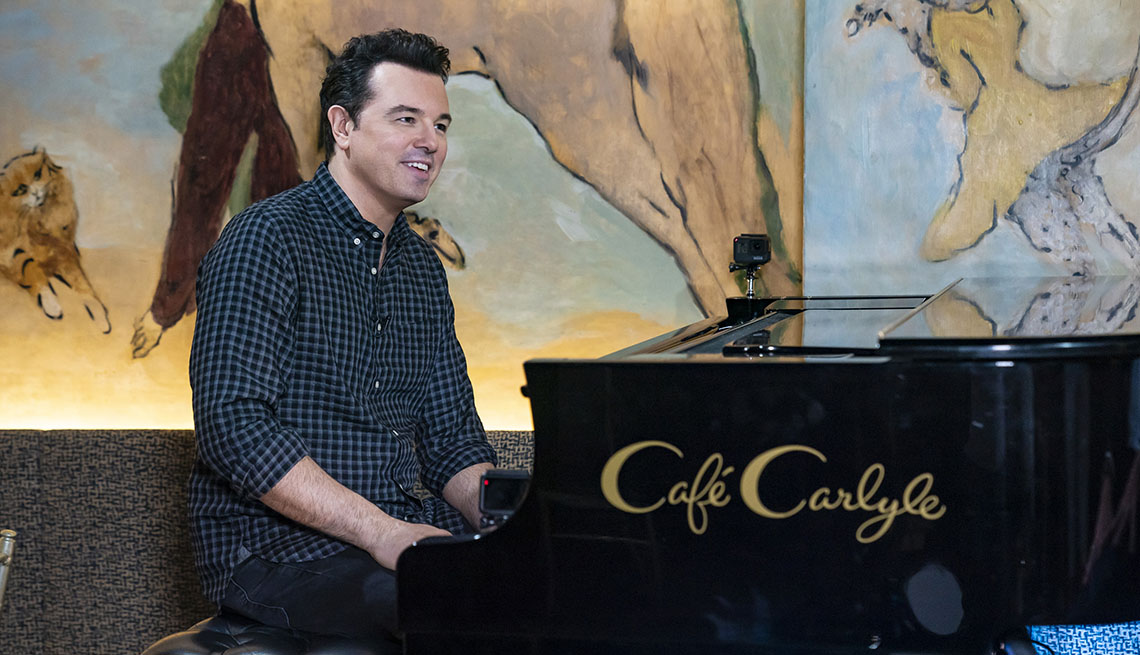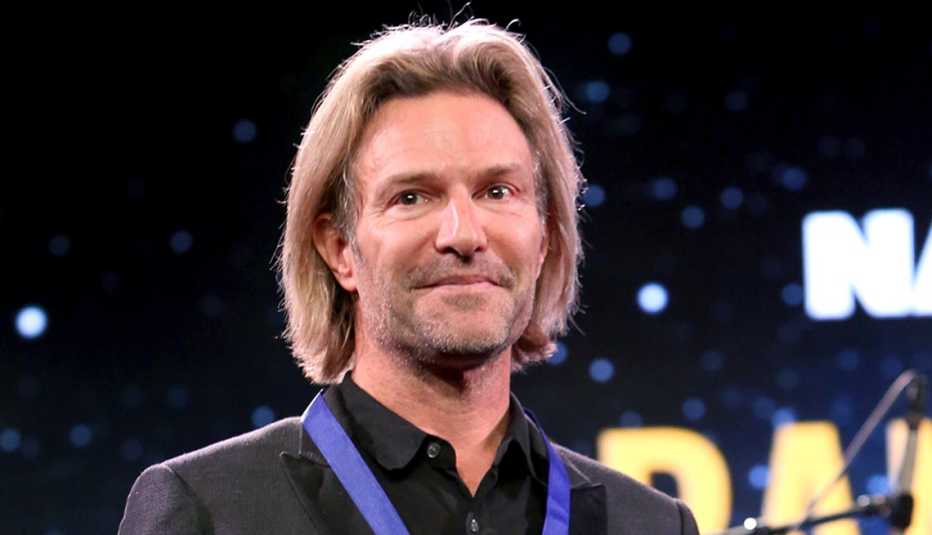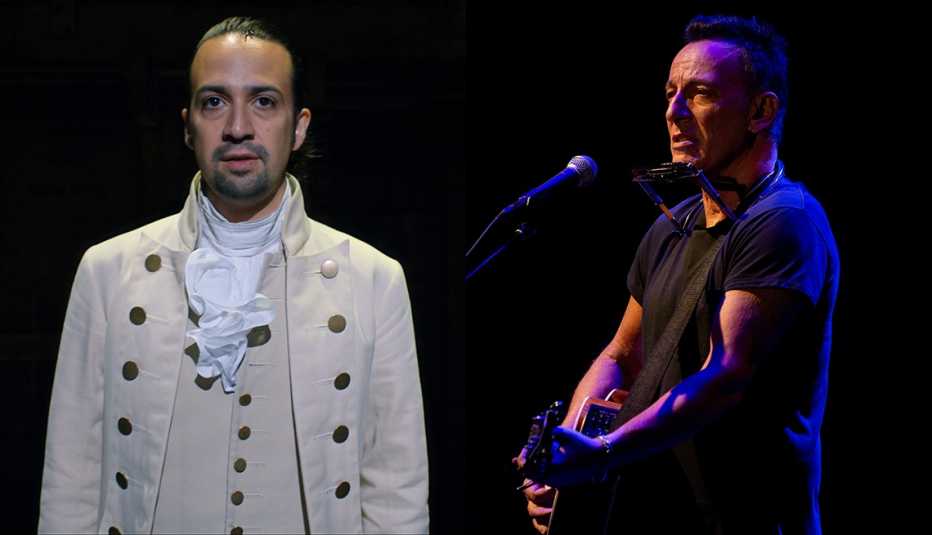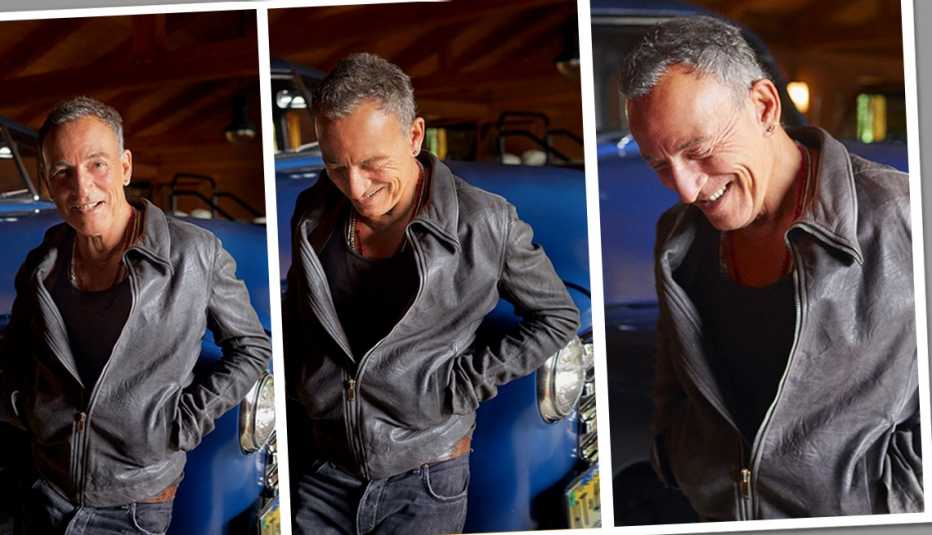AARP Hearing Center
You may know Seth MacFarlane as the irrepressible and irreverent mind behind TV's Family Guy and a pair of Ted movies about an offensive teddy bear. But what you may not know is that the 47-year-old is also a serious crooner with a deep affection for the American songbook. On his sixth (yes, sixth) album, Great Songs from Stage & Screen, MacFarlane covers tunes by such legends as Cole Porter, Henry Mancini, Rodgers and Hammerstein, and Lerner and Loewe. His longtime collaborator, conductor Bruce Broughton, has arranged lush orchestration for vintage songs from the cheerful “Let's Not Be Sensible” and upbeat “Once Upon a Dream” to the gorgeously romantic “I Loved You Once in Silence” and swinging “Ten Minutes Ago."
The 13-track homage to Hollywood's Golden Age is no vanity project. Graced with an impressive baritone, MacFarlane brings a scholarly knowledge, fierce discipline and impressive track record to the project: five Grammy nominations and a best original song Oscar nod for cowriting “Everybody Needs a Best Friend” from 2012's Ted. He has also infused his comedy works with lavish orchestration. MacFarlane lifted the needle briefly to talk to AARP about why he loves these songs, how hard it was to keep up with Barbra Streisand, and whether a movie musical is in his future.
There's no “My Funny Valentine” here. You found some hidden gems and have gone for diversity, it seems.
Historically, that's what the vocal greats of the past did, Frank Sinatra being the best example. He chose so many forgotten songs of the ‘20s and ‘30s and ‘40s that he reinvented and modernized. That's what we tried to do. Artistically it's more exciting and rewarding than doing “Fly Me to the Moon.”
This is the fifth consecutive album you've recorded at Abbey Road Studios in London. What's the appeal?
Abbey Road is less about the studio and more about the players. I've worked with the (London-based) John Wilson Orchestra over a number of years, and they really specialize in that genre of music. They have cultivated just the right level of vibrato in their brass and woodwinds and strings. They play old MGM charts from the ‘50s, which are very complex. It was a perfect fit.
You grew up singing in church and musical theater as a kid, but got serious about vocal training as an adult in 1999. How important was that work?
I trained with a couple, Lee and Sally Sweetland, who were both in their mid-to-late 90s when I started with them. In their younger years, she sang for Johnny Mercer and Henry Mancini. He was an opera singer who had a radio program in the ‘40s. They were indispensible in bringing my voice to its fullest potential. They taught me how to utilize the instrument and maintain it. They worked in an era when there were no electronic tricks. You could either sing or you couldn't. To this day, their musical handbook is something I reference internally as I'm singing.





































































